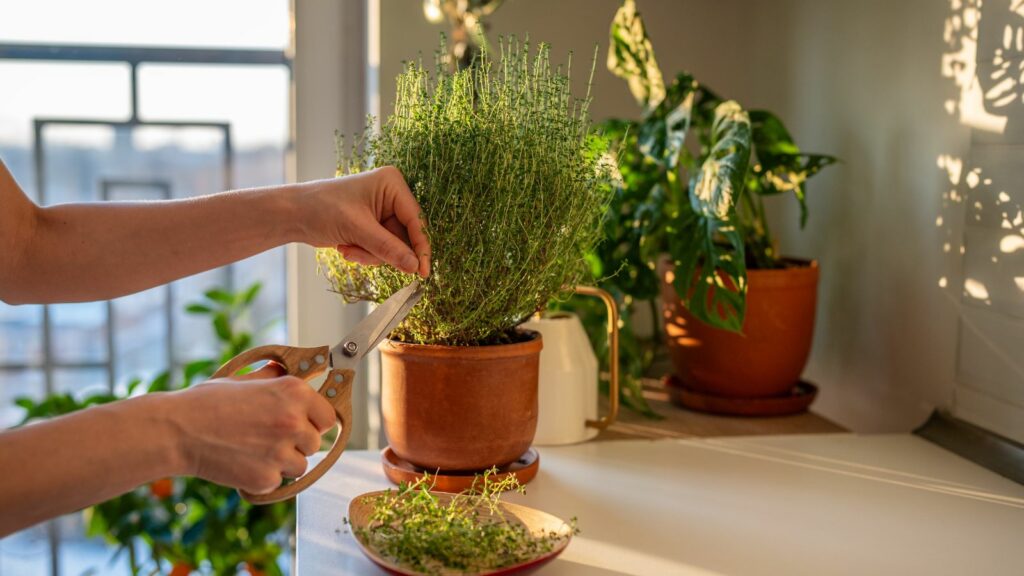Living in an urban jungle doesn’t mean you have to miss out on the joys of gardening. With a little creativity and resourcefulness, you can bring a little nature into your home, even with limited space and a tight budget. Here are 18 budget-friendly tips to get your urban garden growing:
Container Gardening
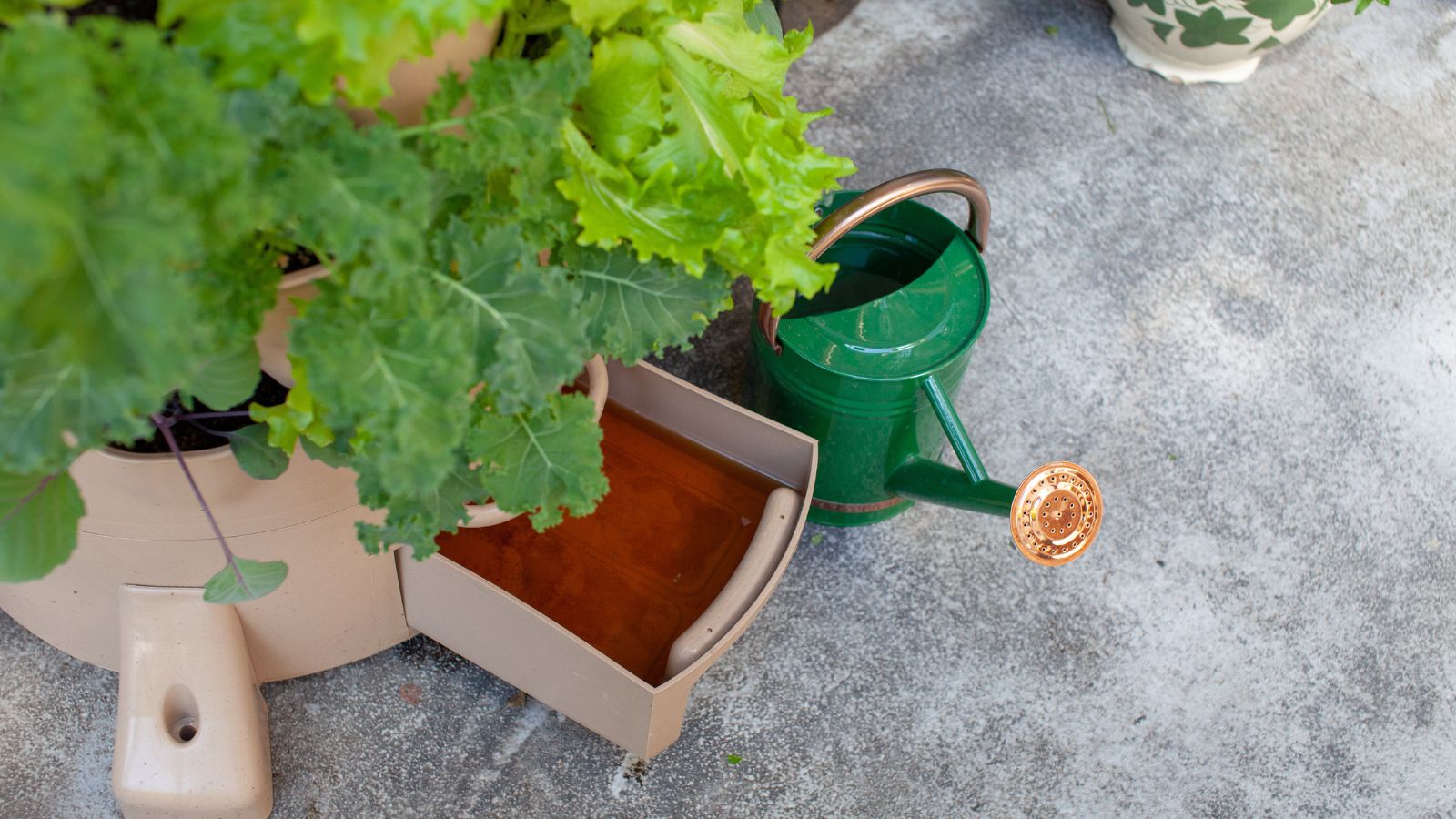
Container gardening is the best way to add green space to your yard if you don’t have a lawn. You can grow in pots, old buckets, and even old gum boots. Container gardening is perfect for small spaces like balconies and patios, even if you just grow herbs.
Vertical Gardening
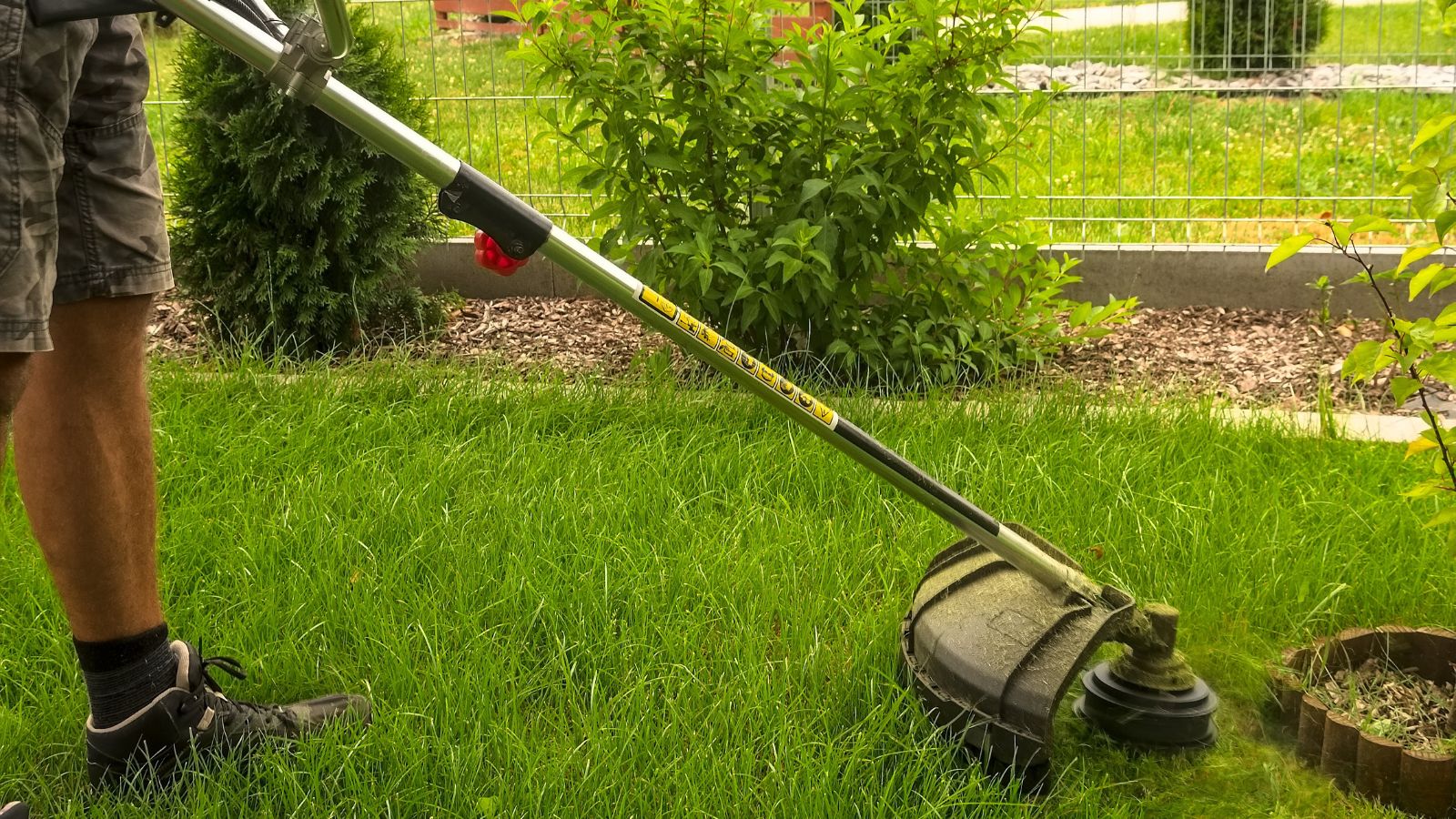
You can maximize your green space by growing plants vertically. Use trellises, wall planters, or hanging pots to create a vertical garden that saves ground space and makes your outdoor space come alive.
DIY Planters
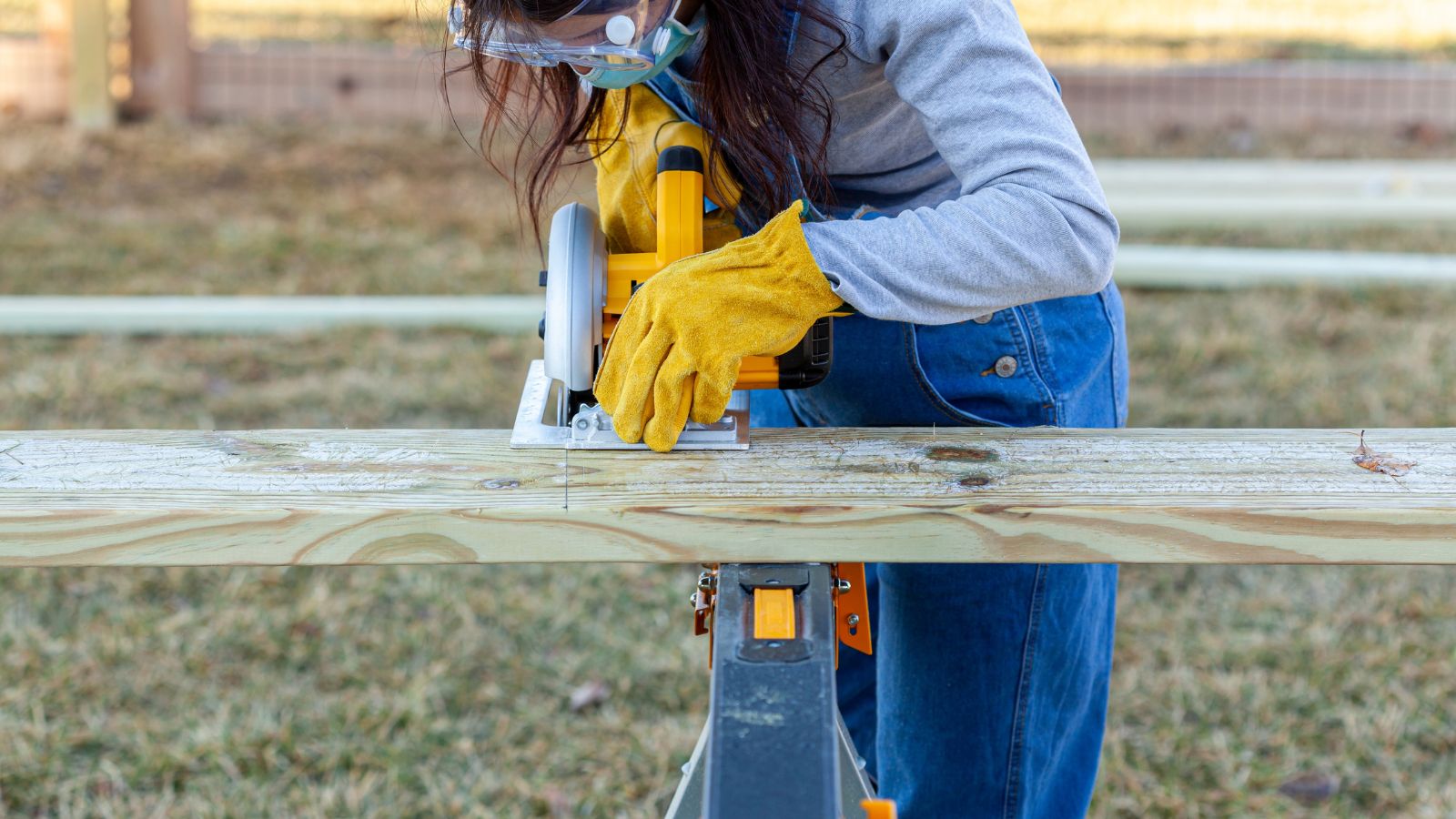
If you don’t have money to buy new pots and planters you can repurpose household items such as old drawers, crates, or cans as planters. This is an eco-friendly and cost-effective way to grow plants and if you out out a local advert you’re likely to have lots of people with materials to recycle.
Start from Seeds
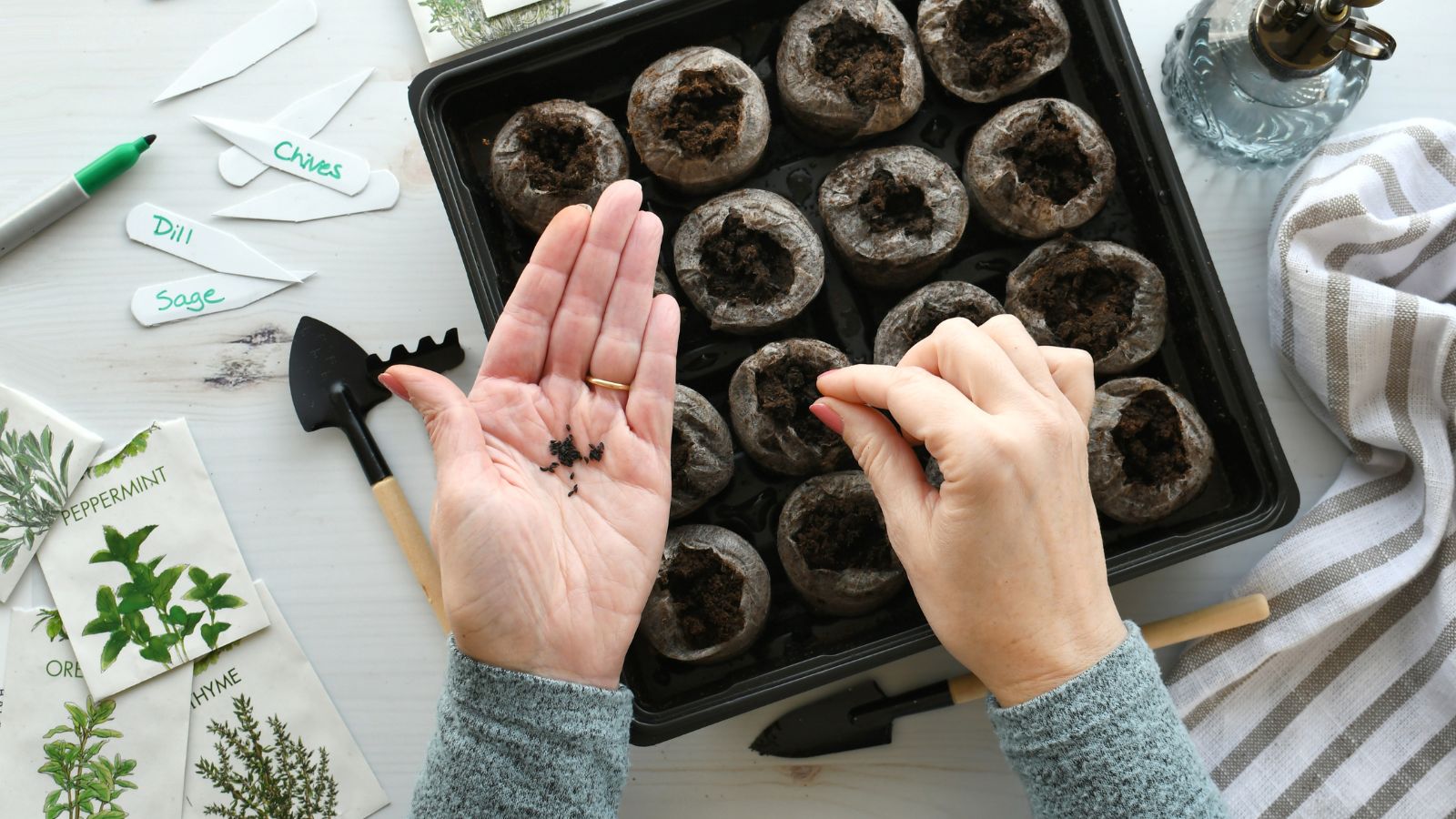
Buying seeds is cheaper than purchasing mature plants. Start your garden by growing flowers and vegetables from seed, and enjoy watching your plants grow. There are lots of free resources online to tell you what to plant and when to plant it.
Composting
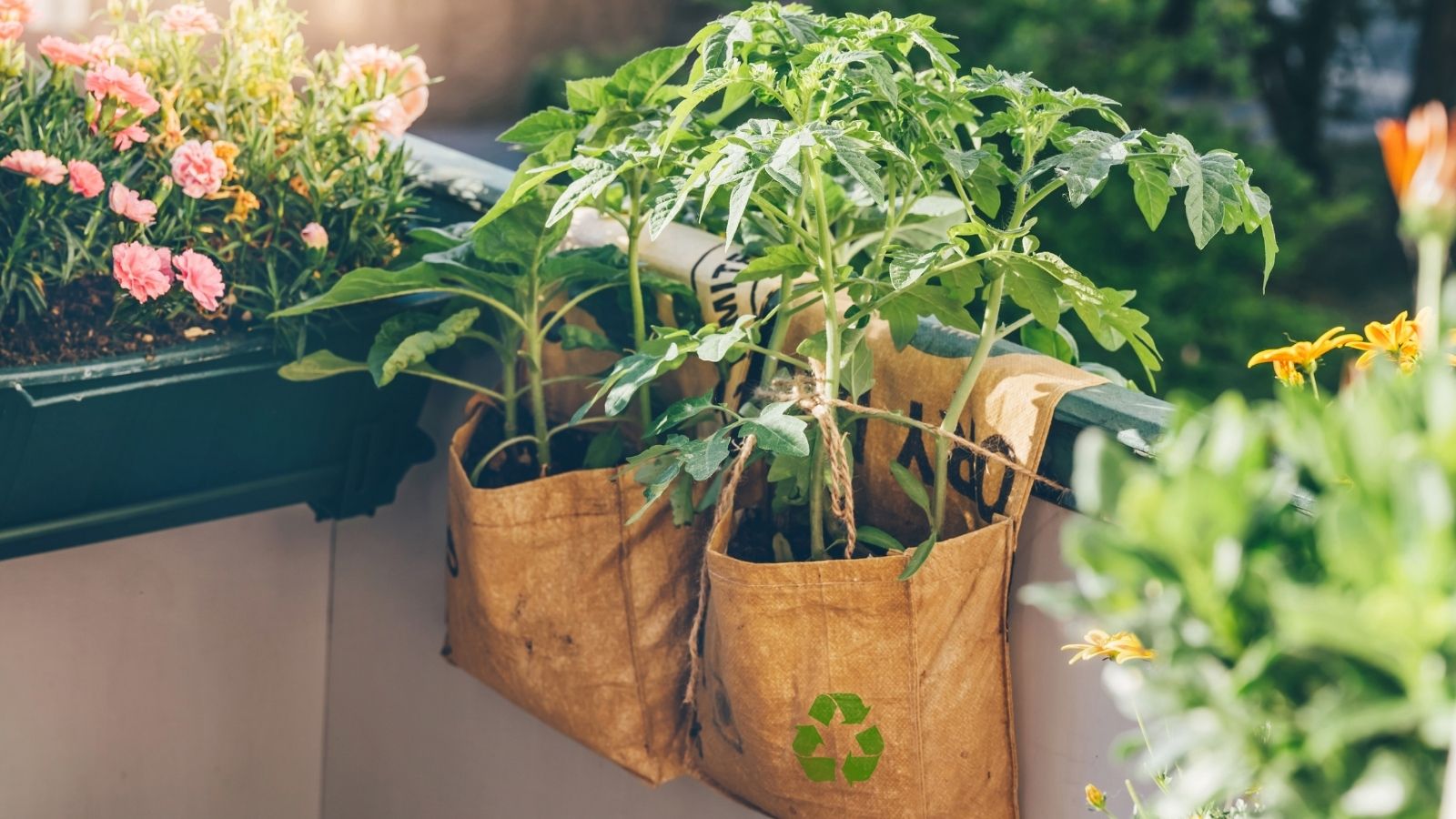
You can save on food waste by creating your own compost from kitchen scraps and yard waste. Composting provides nutrient-rich soil for your plants and will give you the feel good factor that you’re making positive contributions to a better environment.
Harvest Rainwater
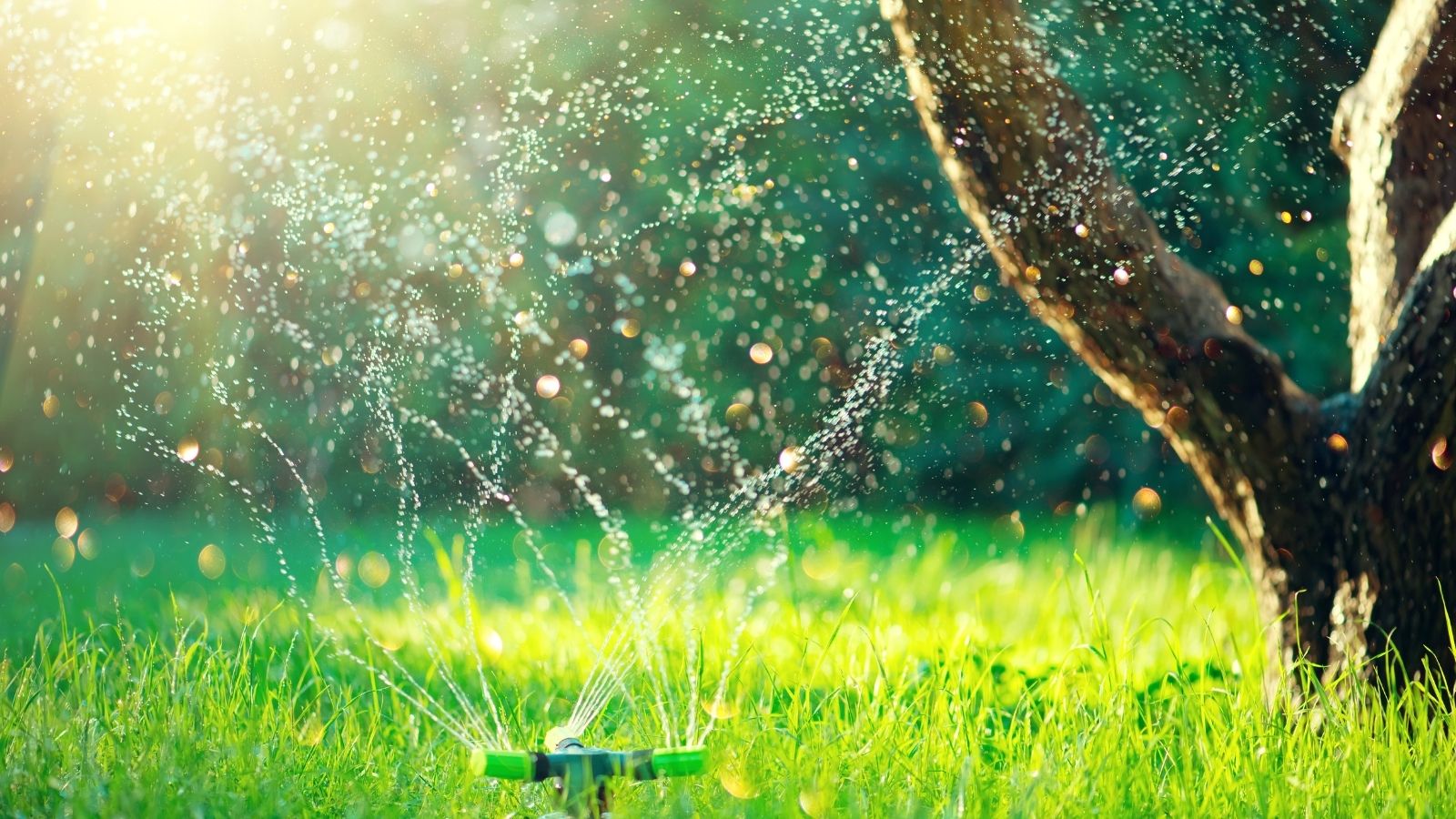
Collecting rainwater using waterbutts or barrels provides a free water source for watering your garden during dry spells. As well as conserving water, harvesting rainwater can reduce your water bills.
Herb Gardens
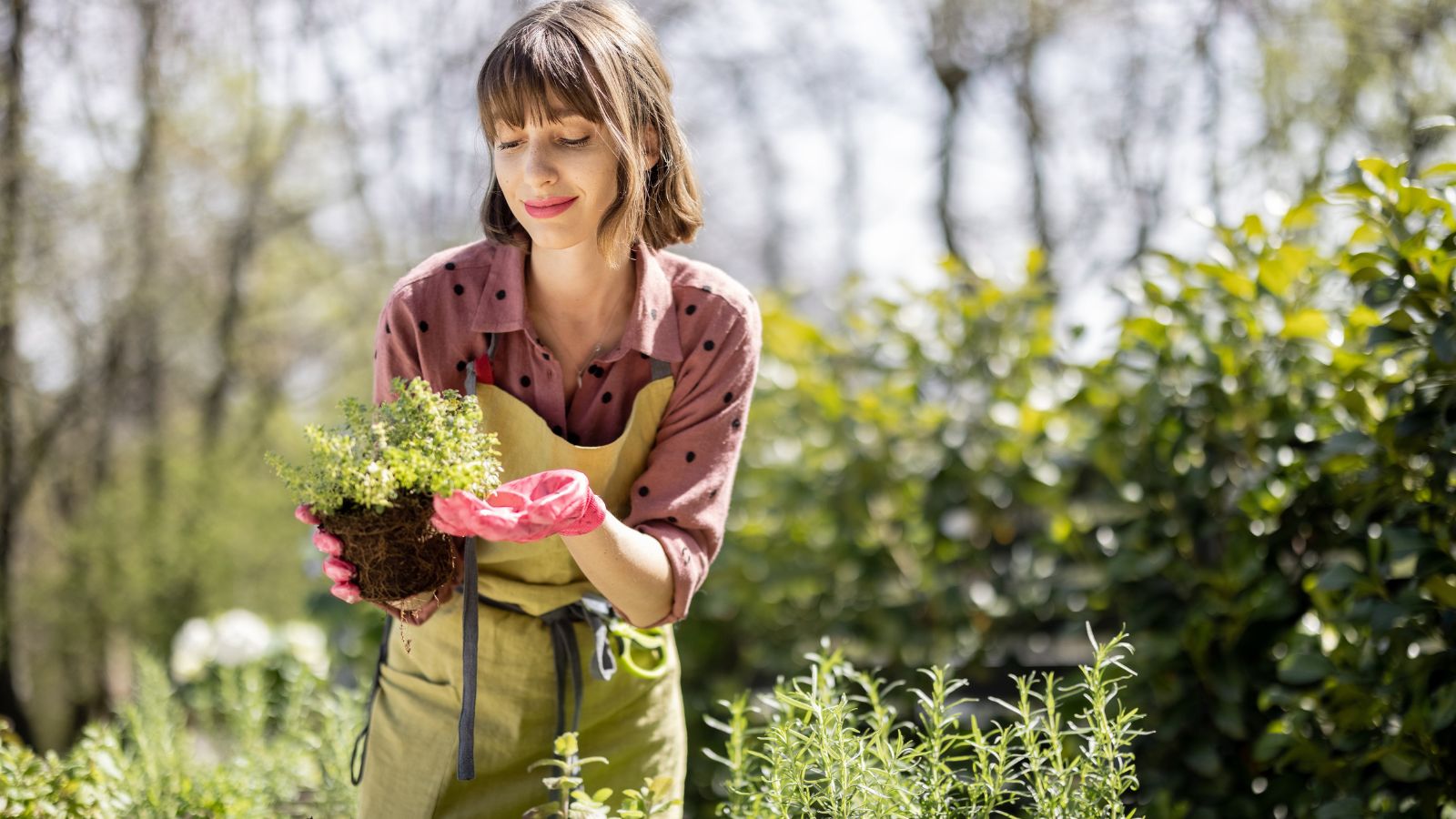
Growing herbs in small containers or windowsill planters is the perfect way to get started on your urban garden.. Herbs like basil, thyme, and rosemary are easy to grow and can be used fresh in your cooking, saving money at the grocery store.
Use Natural Pest Control
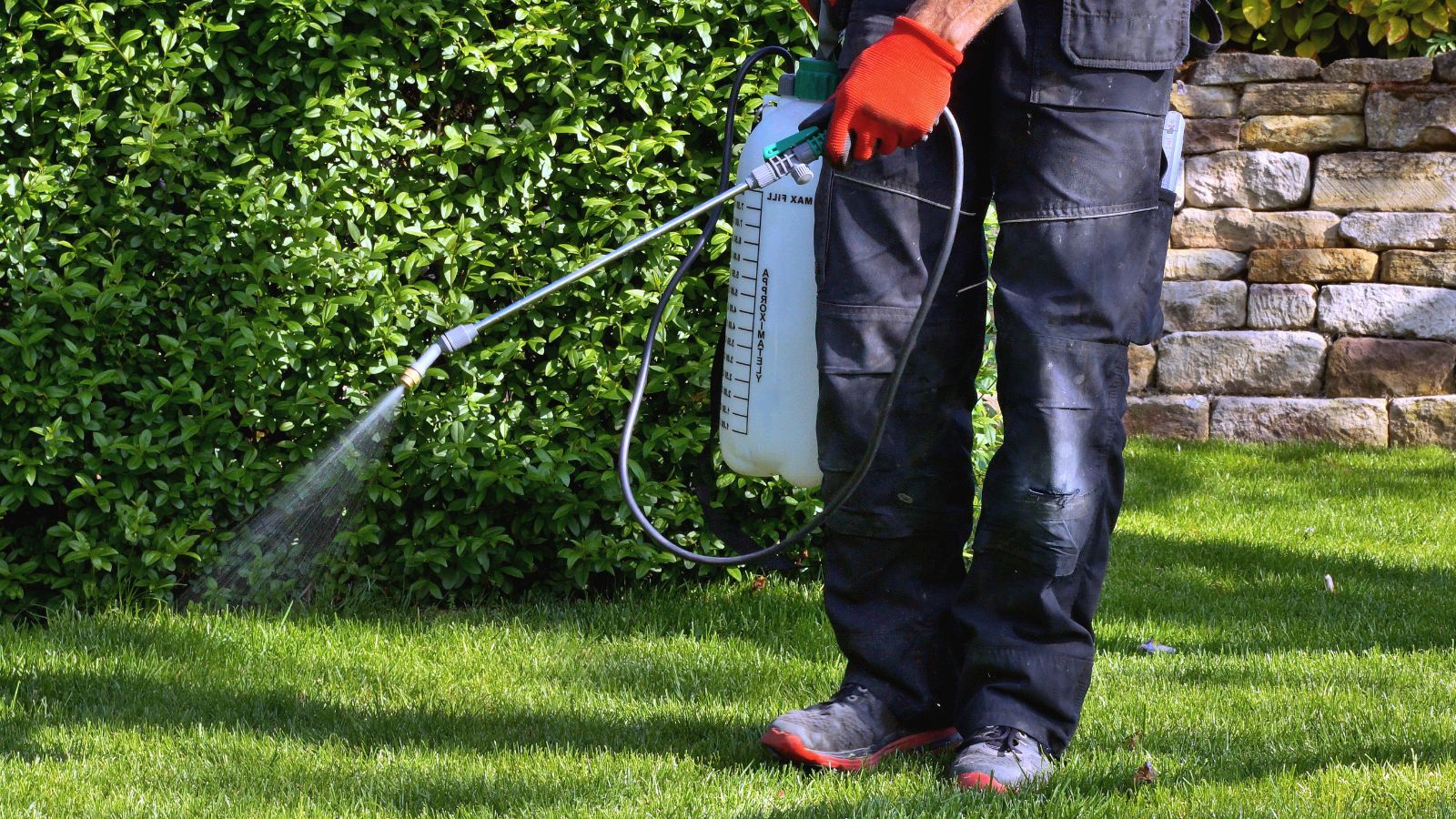
While pests like slugs and rats can be nuisances in the garden, you should avoid chemical pesticides. Natural alternatives like neem oil, garlic spray, or companion planting are an environment-friendly and animal-friendly way to keep pests at bay, and they will also save you money on store-bought products.
Mulching
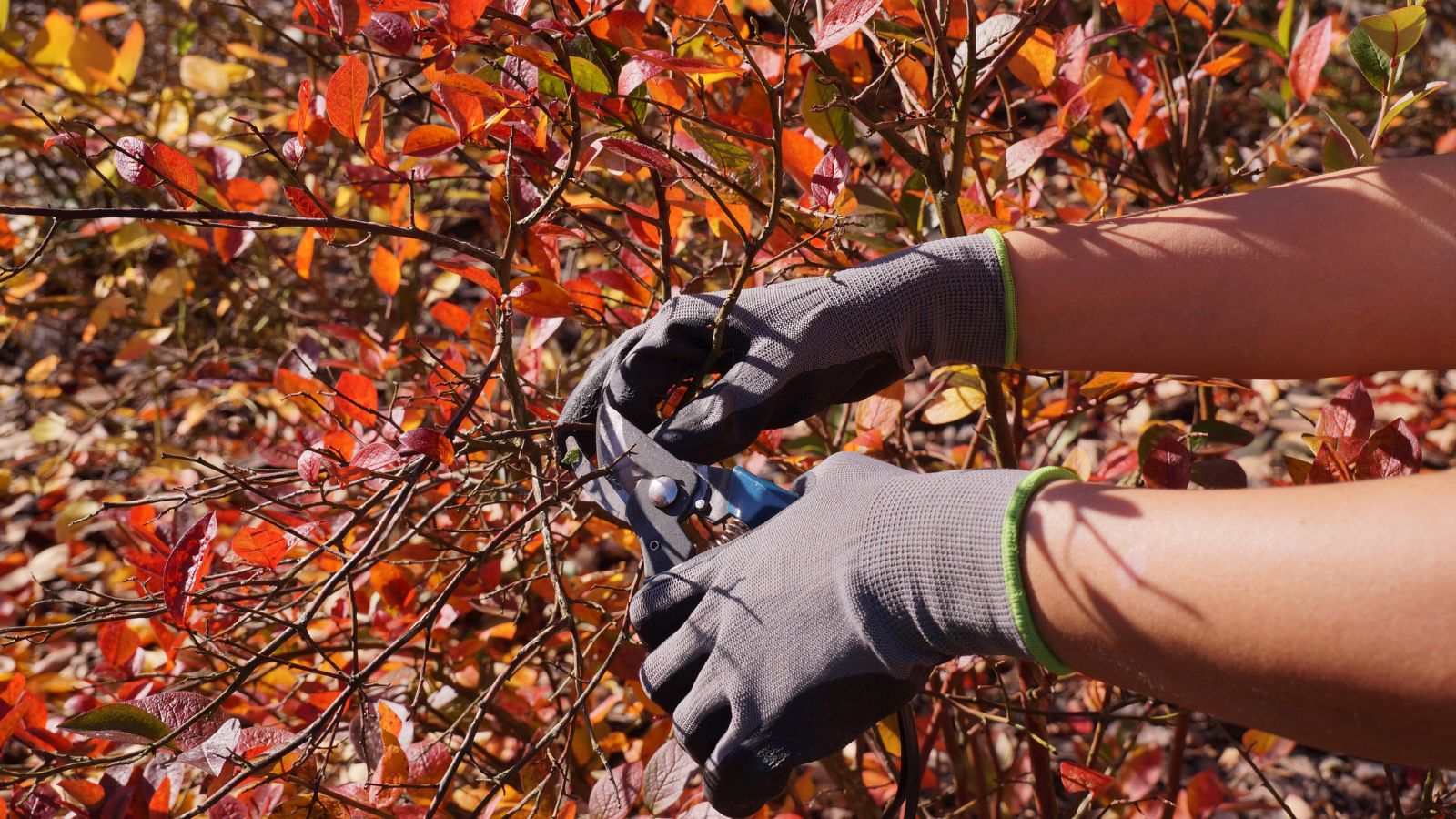
Applying mulch retains moisture in the soil, reducing weeds and improving soil health. You can use materials like straw, leaves, or grass clippings on top of your soil and around the base of fruit trees.
Community Gardening
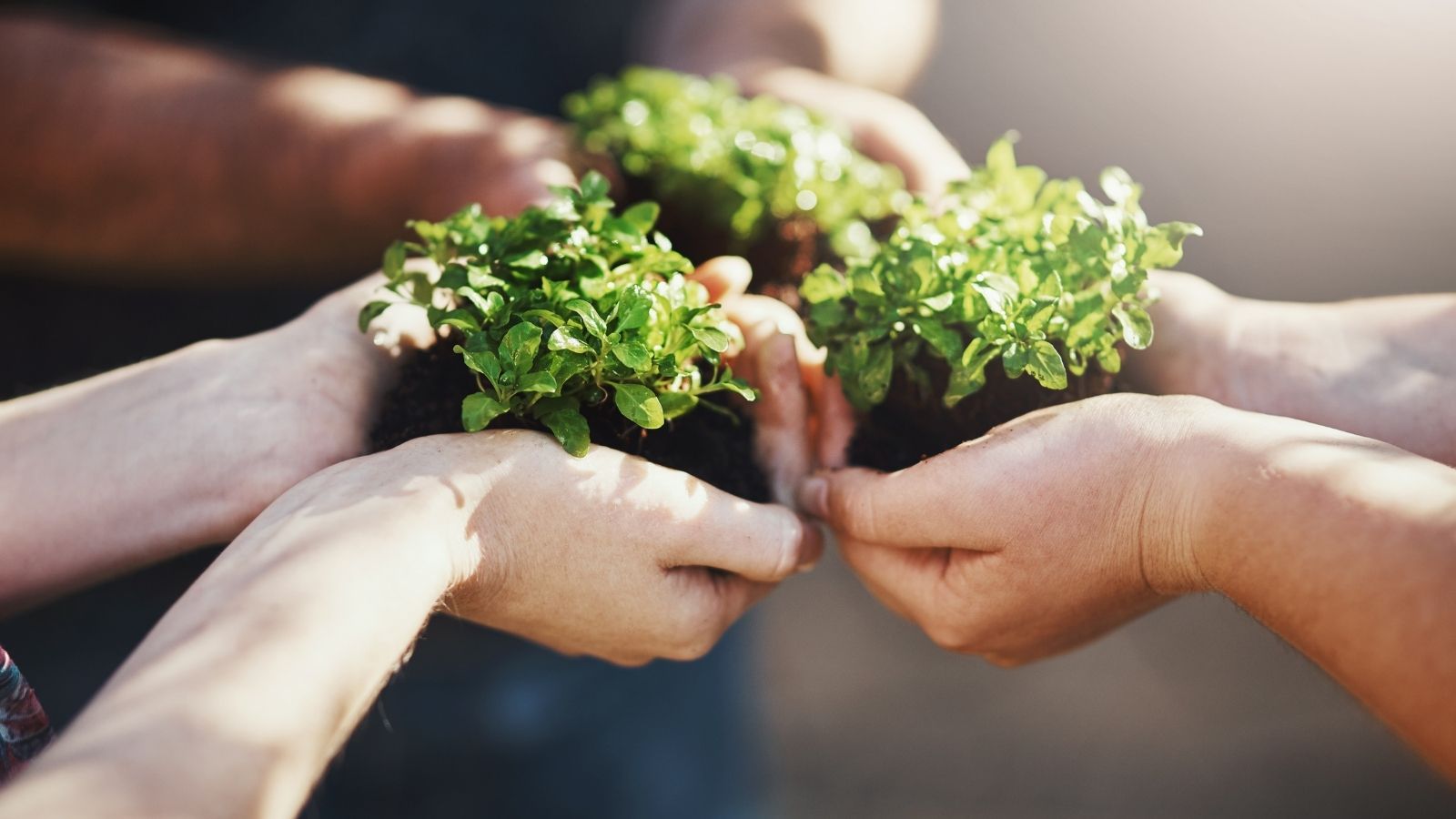
If you want more gardening space than you have available, you can join or start a community garden in your area. Sharing resources and knowledge with neighbors can make gardening more affordable and enjoyable, plus there will be more space to grow.
DIY Fertilizers
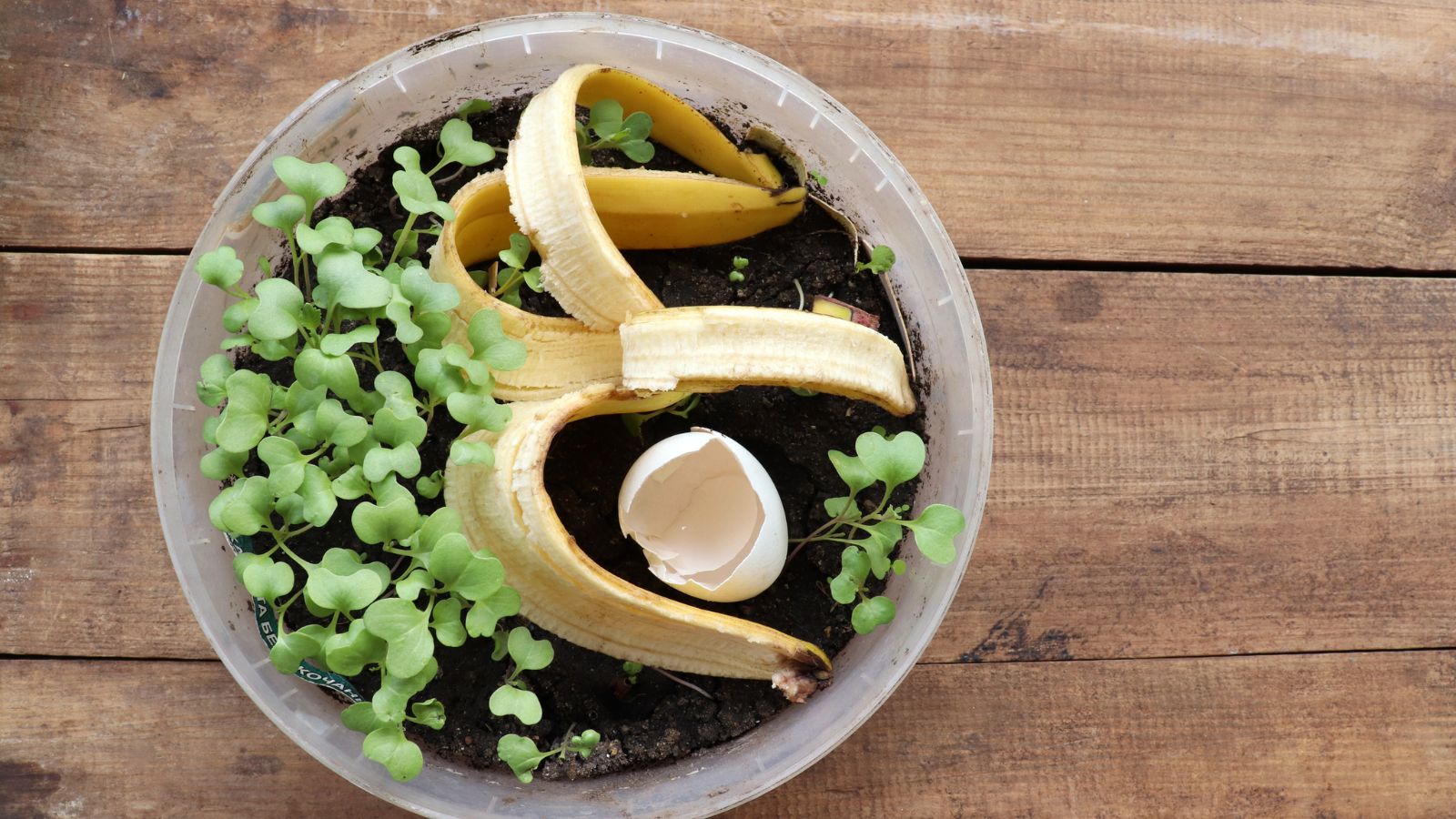
In addition to using pest control, you can also use common household items to make your own fertilizers. Coffee grounds, eggshells, and banana peels are all rich in nutrients and can give your plants a boost on a budget.
Thrift Store Finds
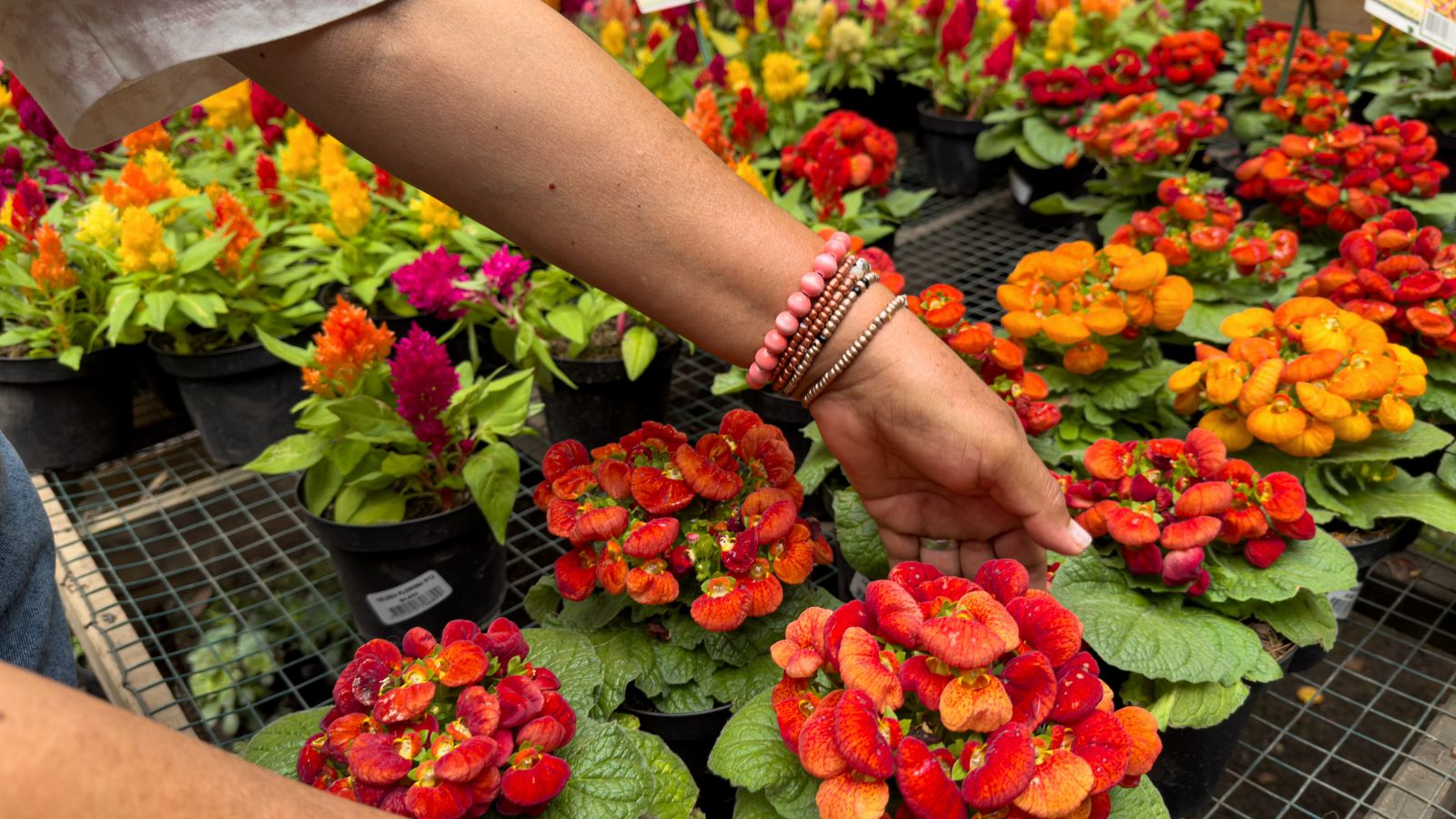
If you’re on a tight budget, look for gardening tools and supplies at thrift stores or garage sales. You can often find items at a fraction of the retail price. You should also look at online recycling groups and marketplaces for cheap and free items.
Grow Perennials
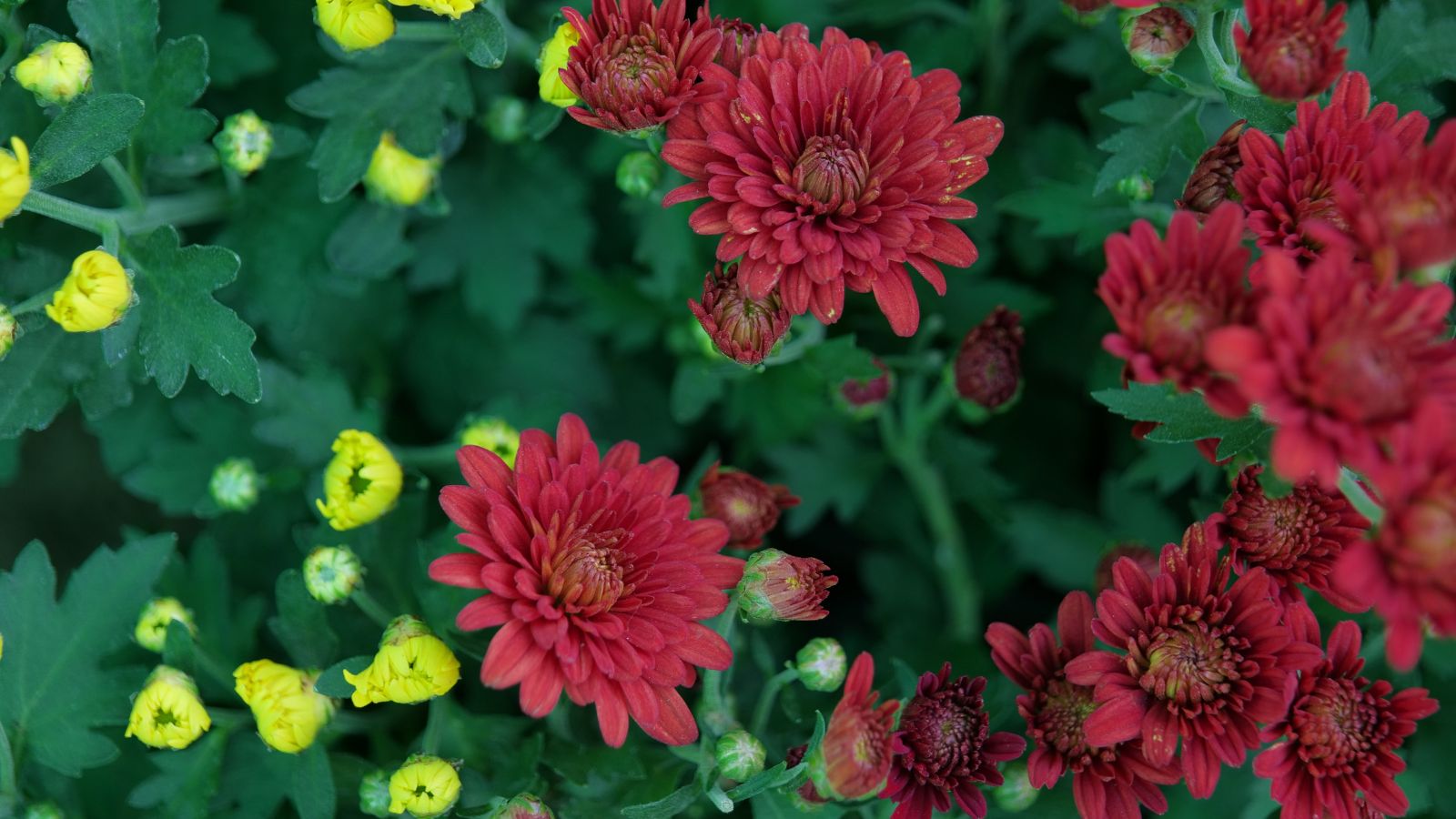
Plants can be expensive to buy if you can’t grow from seed. Investing in perennial plants that come back year after year will save you money on replanting annuals each season. You can plant different perennials for each season so your urban garden is always in bloom.
Swap Plants
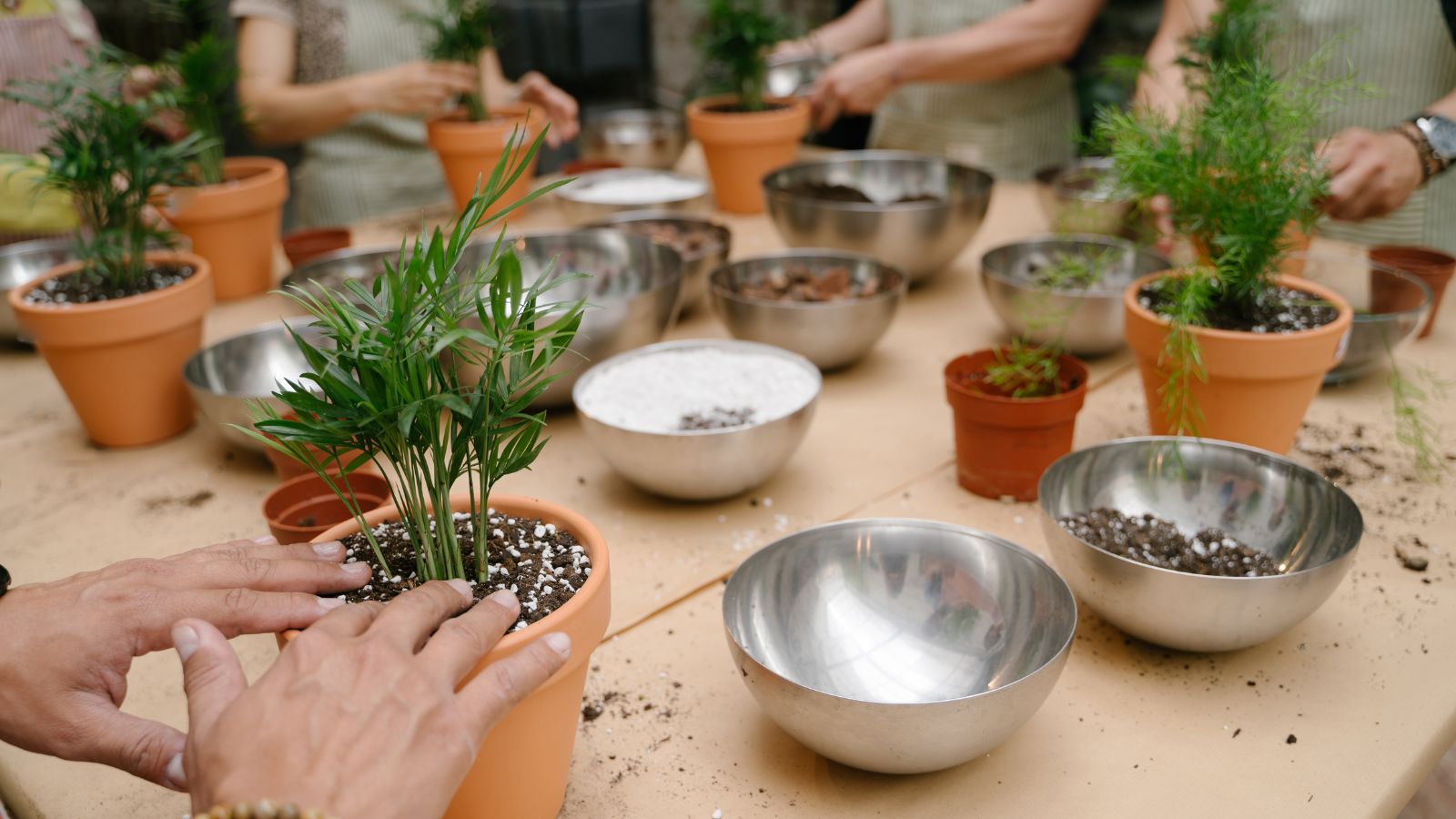
Participating in plant swaps and seed exchanges with friends or local gardening groups means you can get cuttings and plants without spending money. Check your local listing for details or see if there are any community garden projects or allotments nearby.
Use Window Boxes
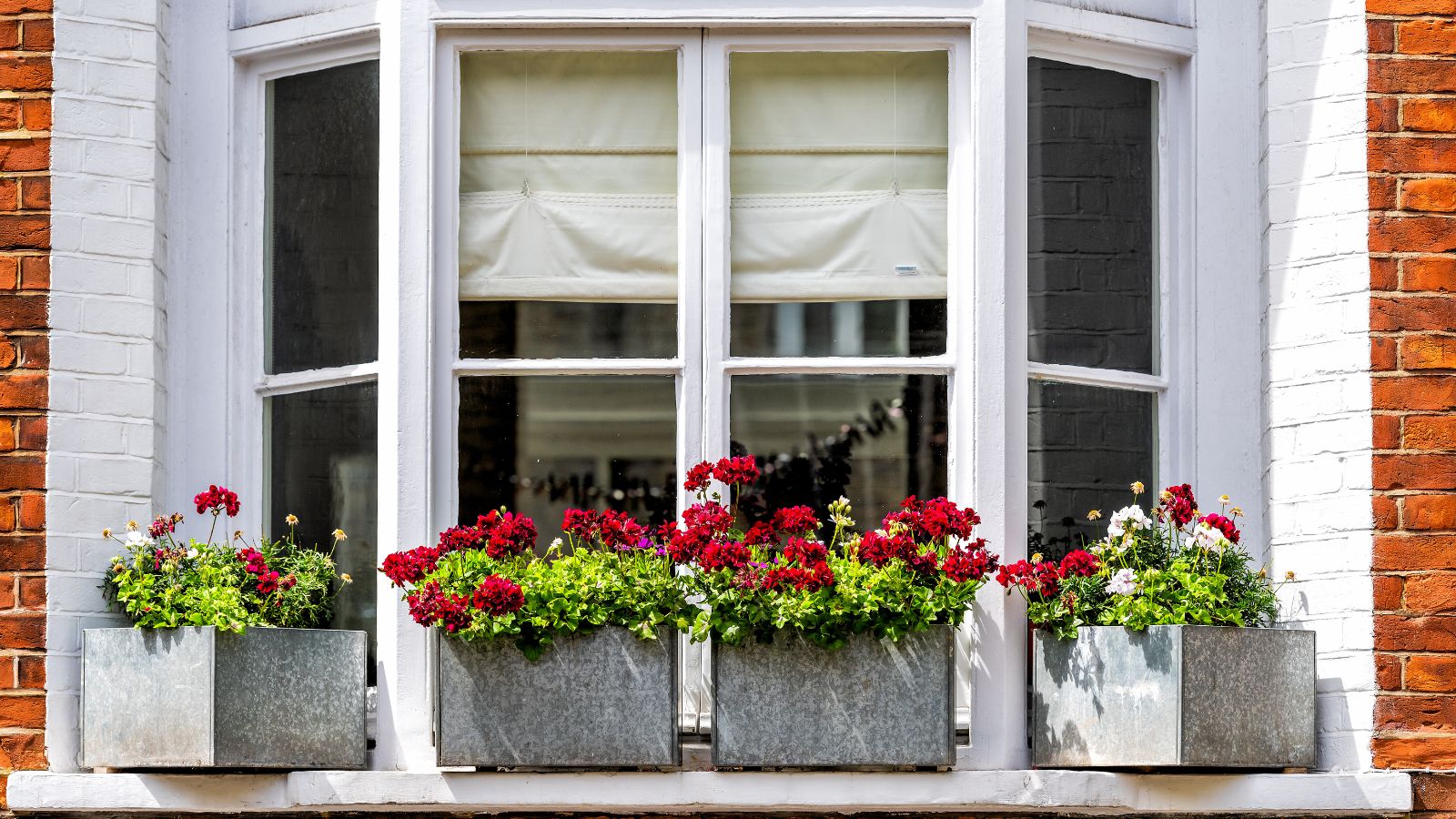
Window boxes are perfect for growing flowers, herbs, and even small vegetables. They add beauty and functionality to urban living spaces when there’s little space to grow grass or plants in the ground. Window boxes are also manageable for those who work long hours but want to enjoy a little nature at home.
Succulents and Cacti
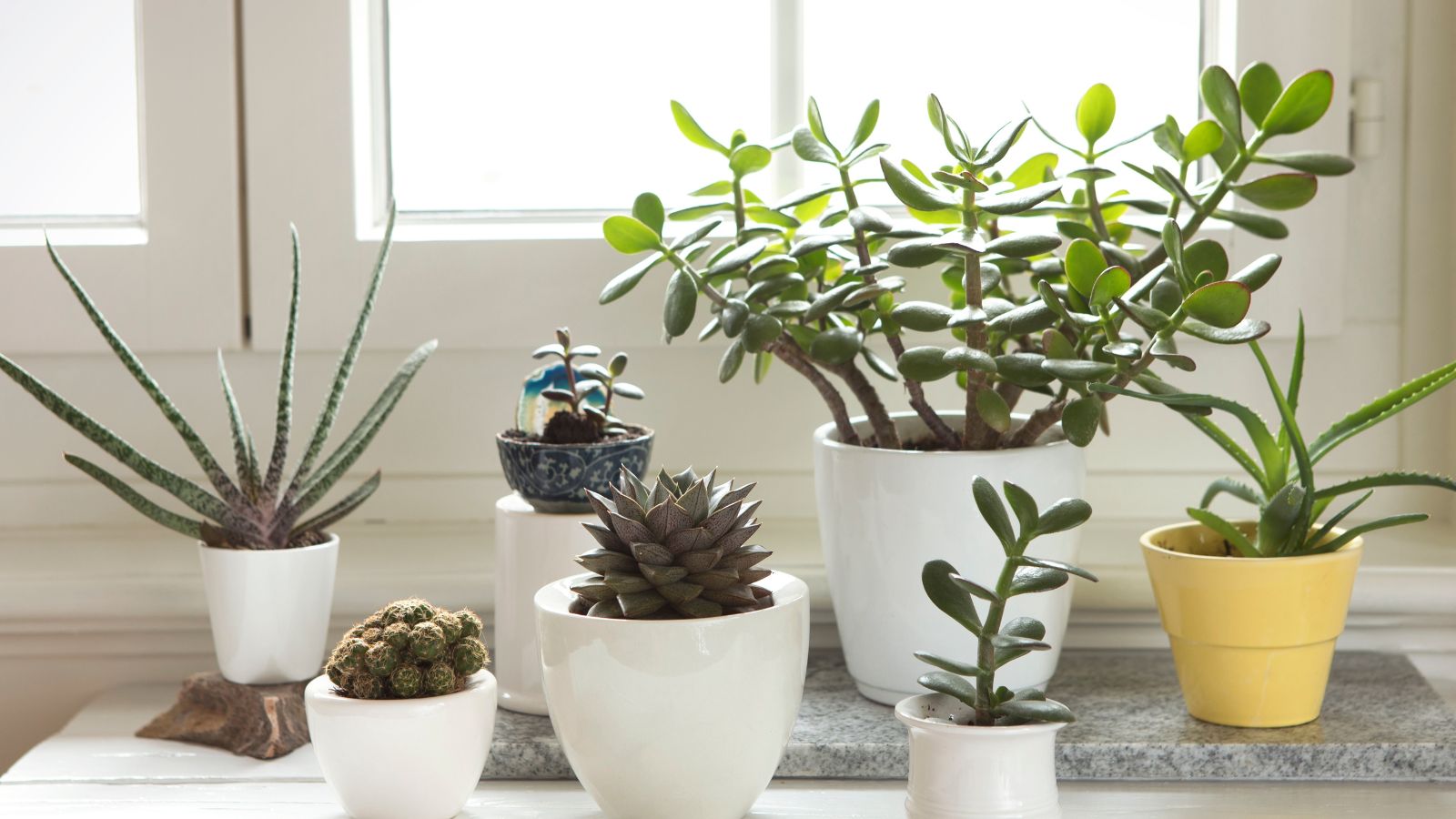
Succulents and Cacti are very low-maintenance plants compared to other plants. They require minimal water and care, making them ideal for busy urban dwellers who aren’t very green-thumbed.
DIY Drip Irrigation
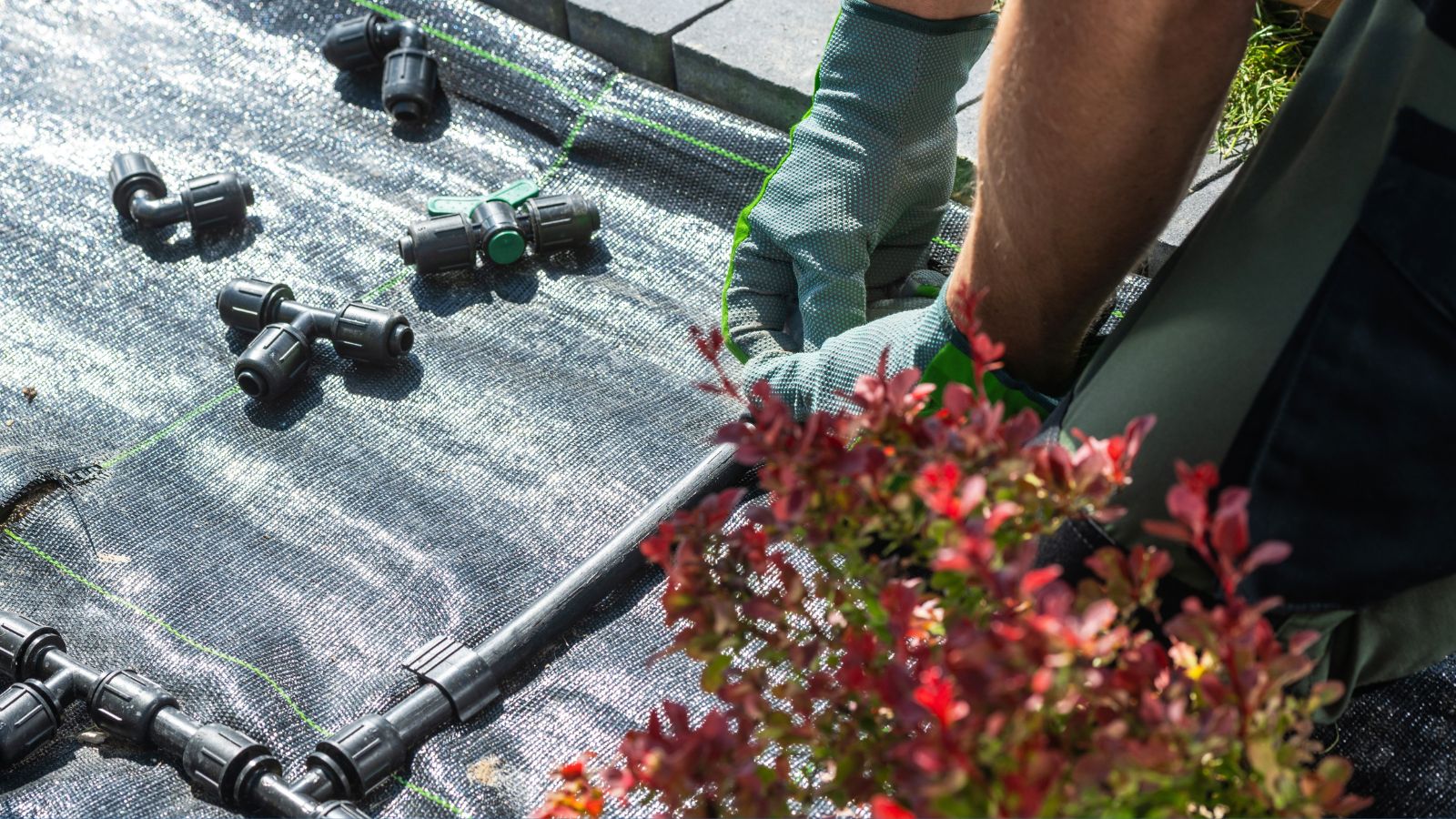
You can create a simple drip irrigation system using old plastic bottles to ensure your plants get consistent watering without wasting water. An irrigation system can be used outdoors and also for indoor plants.
Grow Edible Plants
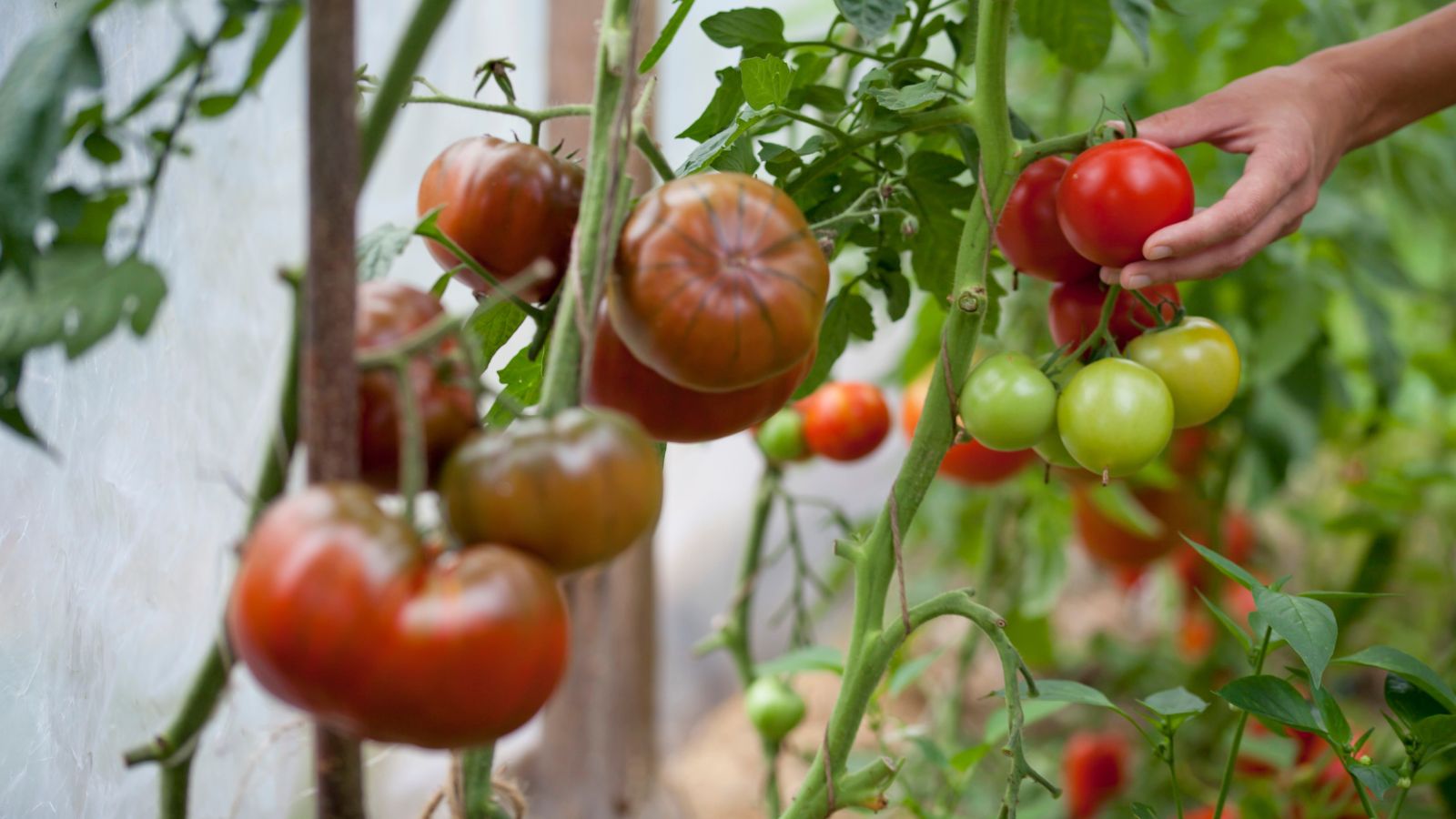
Focusing on growing plants that provide food, such as tomatoes, peppers, and leafy greens, is a great way to enjoy gardening and feed yourself for less. Growing food not only saves money on groceries but also provides fresh produce.
The 10 Most Reliable Car Brands According to Mechanics
When choosing a car, one of the most crucial factors is reliability. But what exactly does it mean when we say a car is reliable? Reliability refers to the vehicle’s ability to perform consistently well over time with minimal issues. A reliable car requires fewer repairs, is cost-effective to maintain, and offers peace of mind to the owner. In this article, we delve into the ten most reliable car brands according to mechanics, explaining why these brands are trusted and highlighting endorsements from institutions, car experts, and reputable websites. The 10 Most Reliable Car Brands According to Mechanics

Abhishek Ragunath is specialized writer for Trendonomist focusing on topics related to Investing, Money, Technology, Marketing and everything in between. He enjoys hiking, travelling, and is a self proclaimed foodie! He has written for brands including Hashtag Investing, Motely Fool, WallstreetZen & More.
